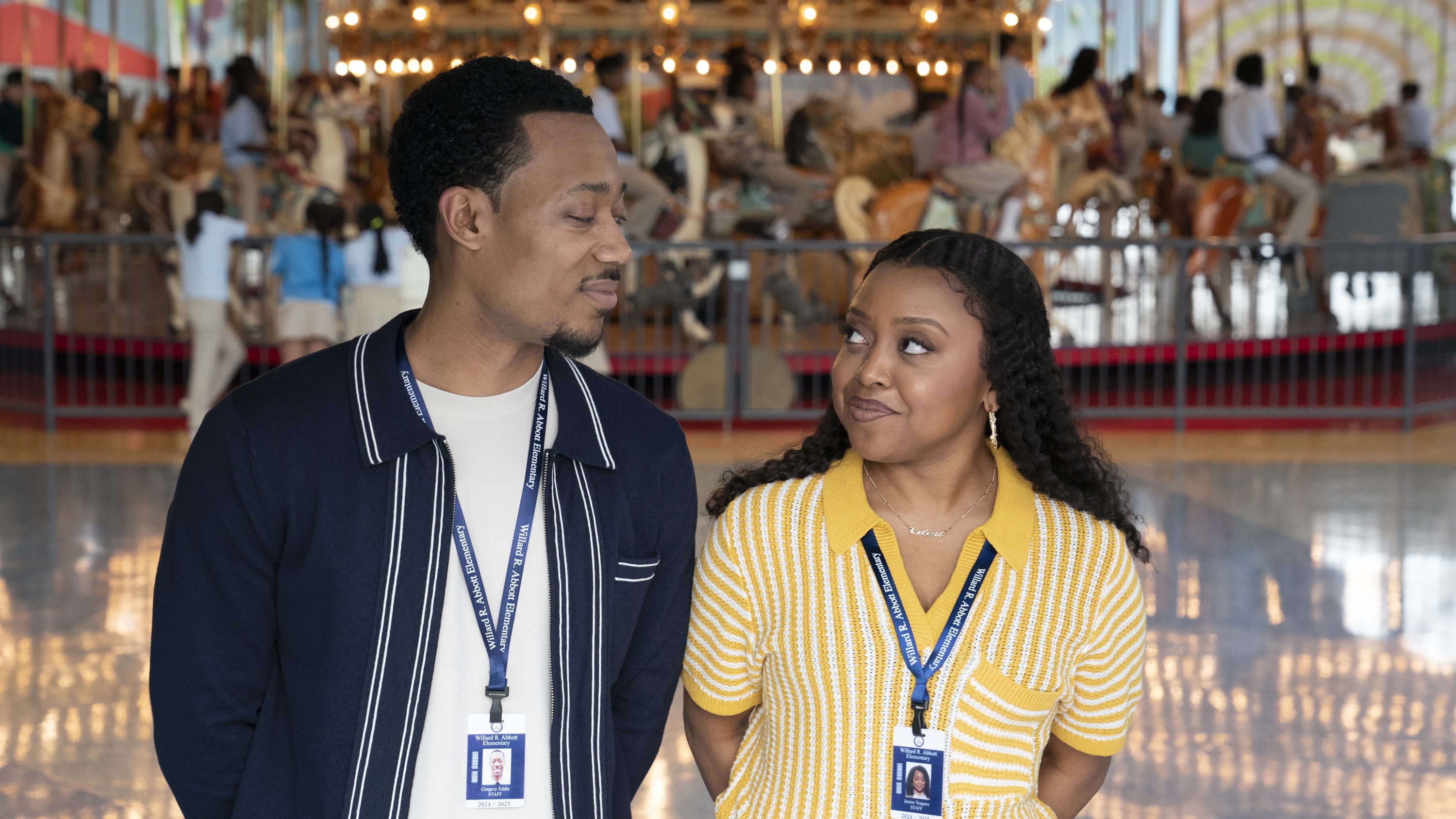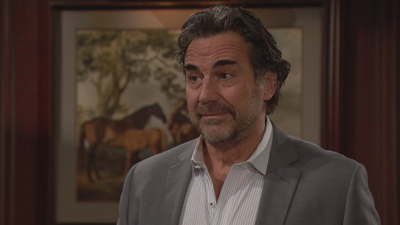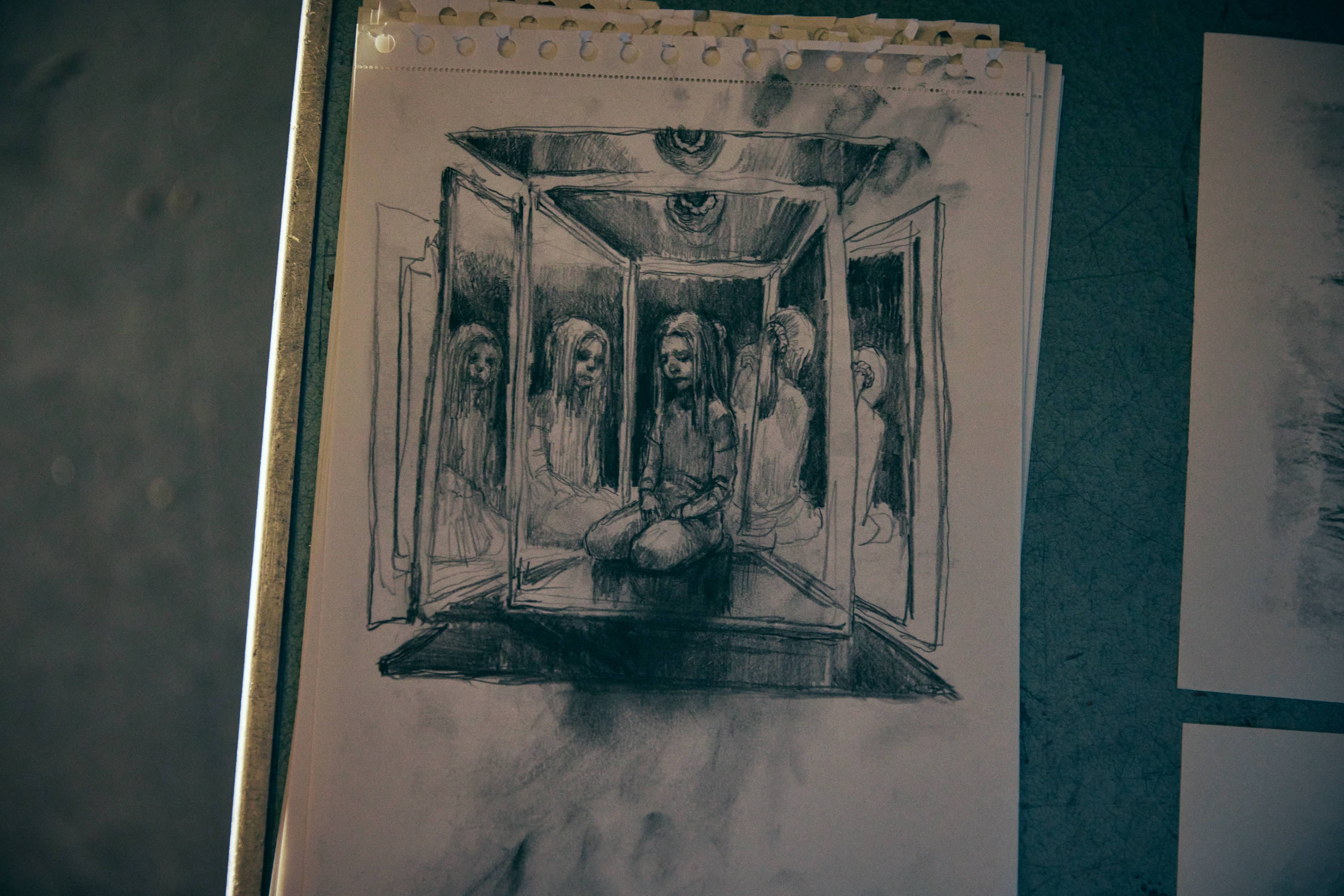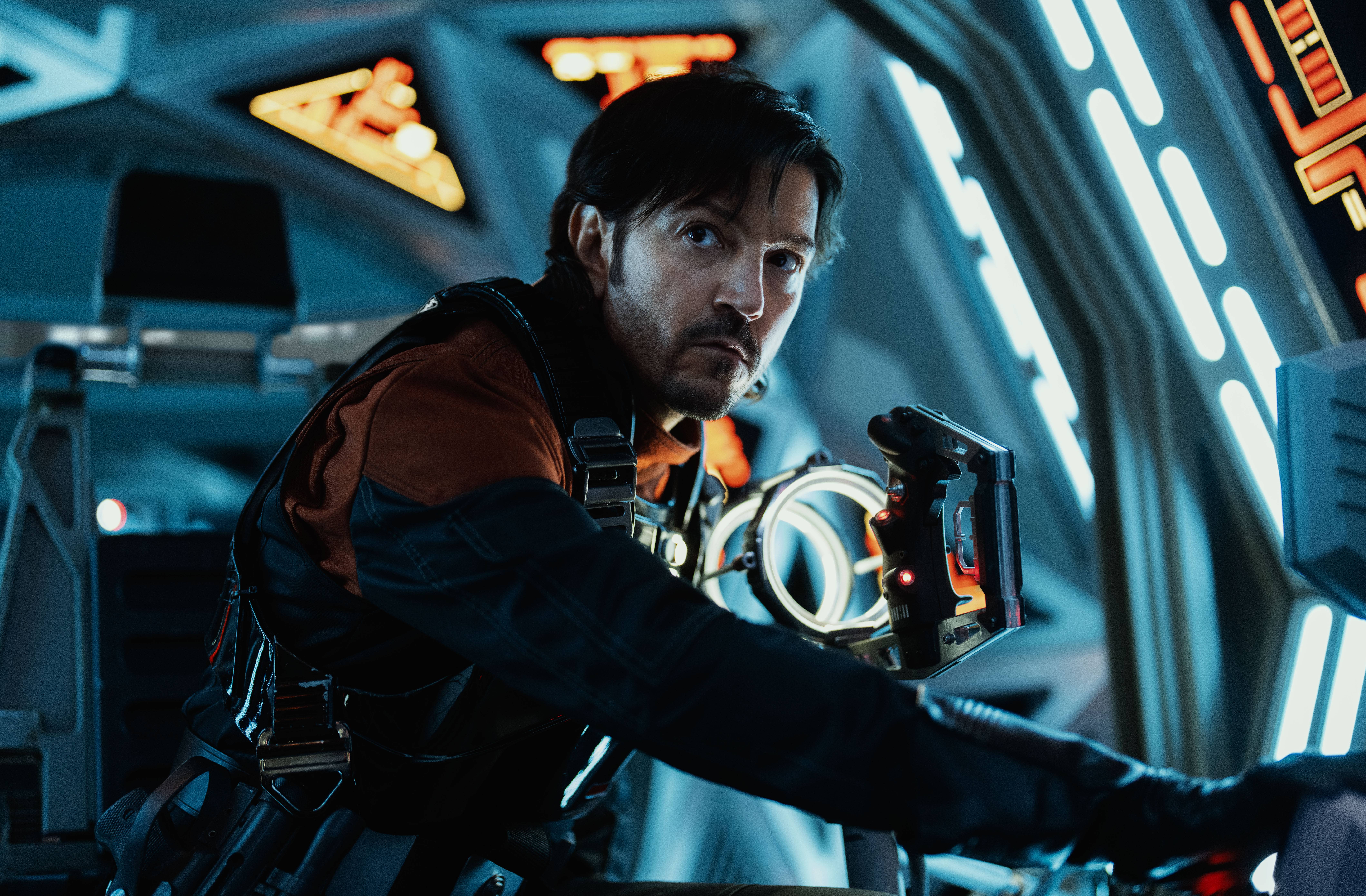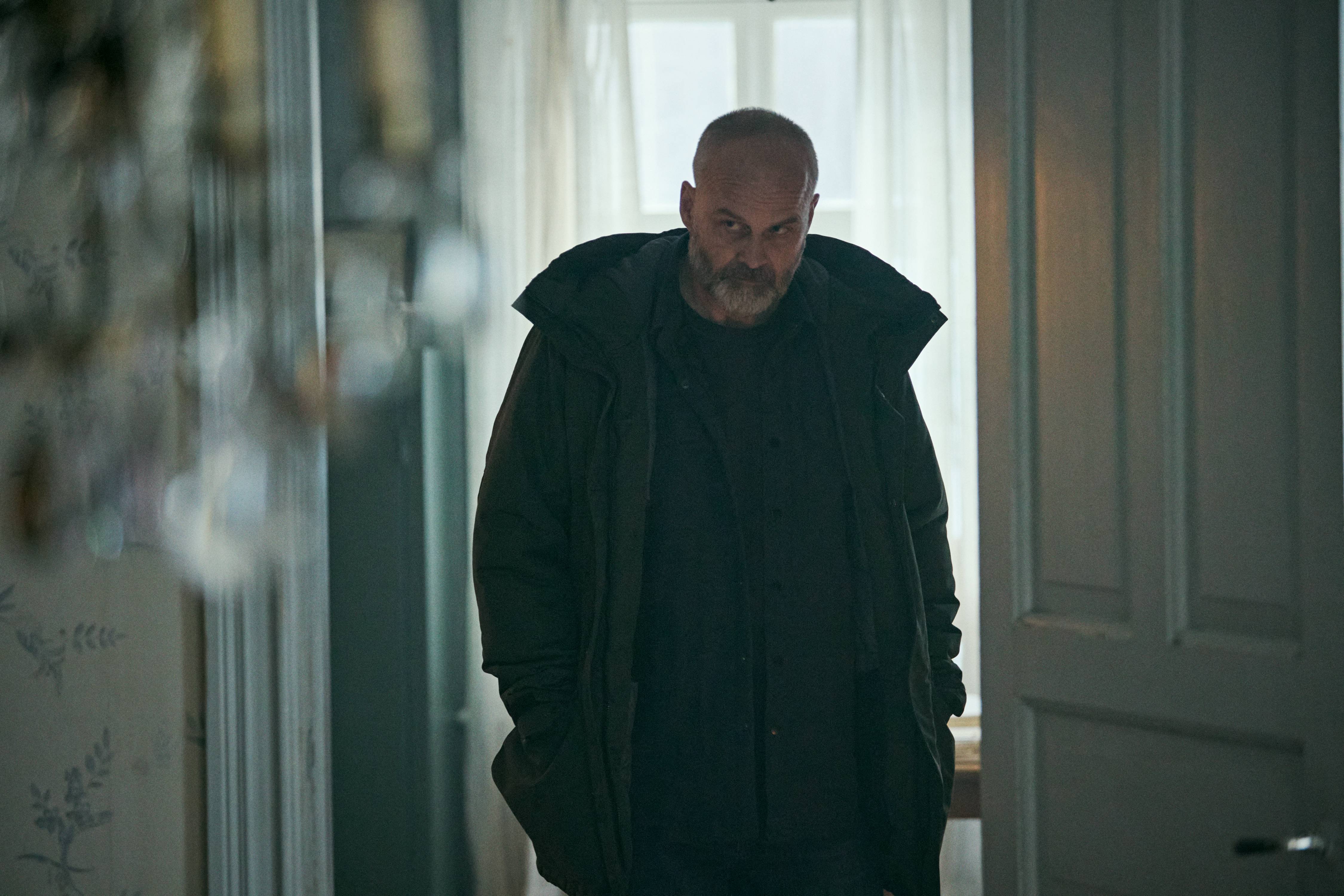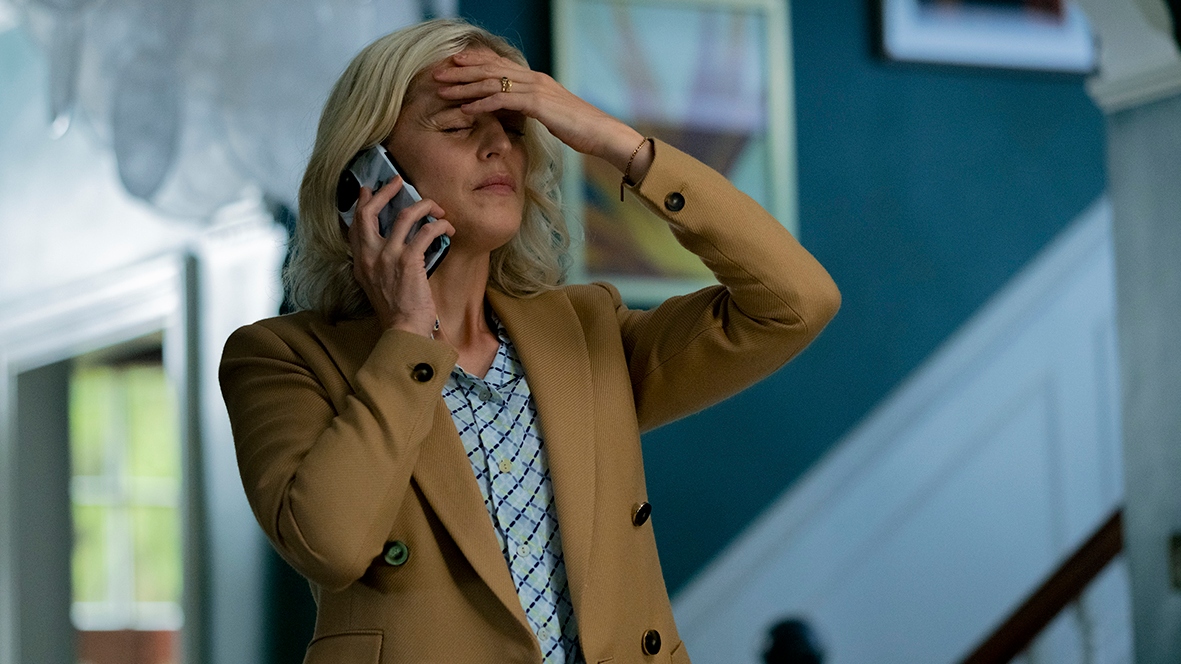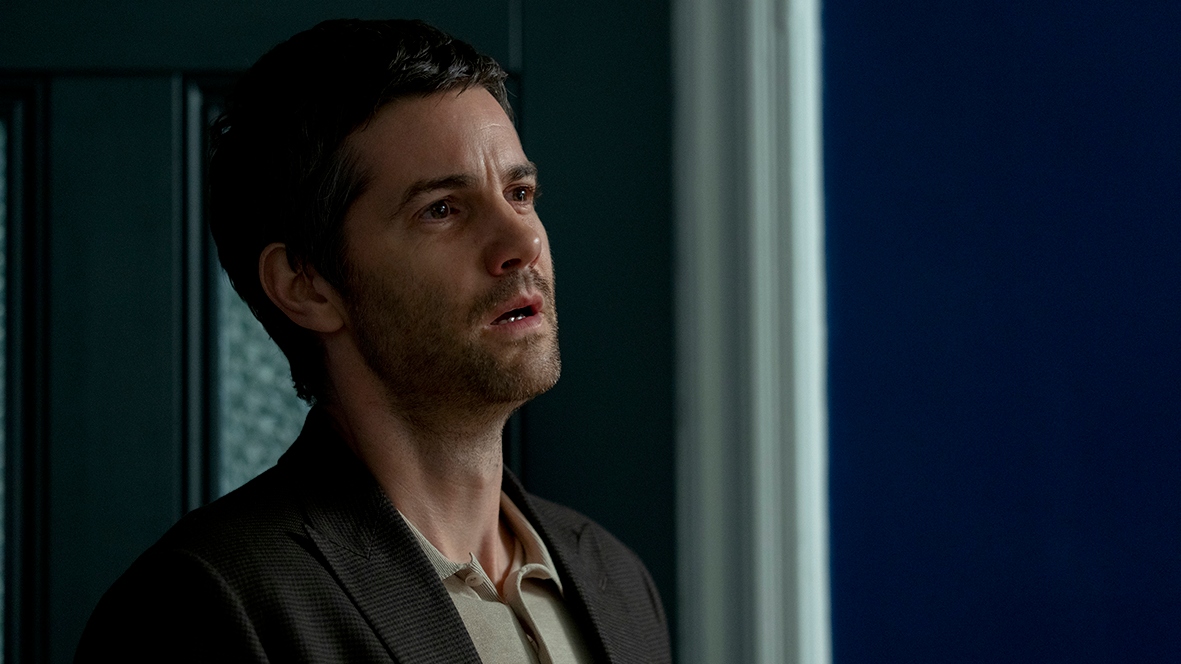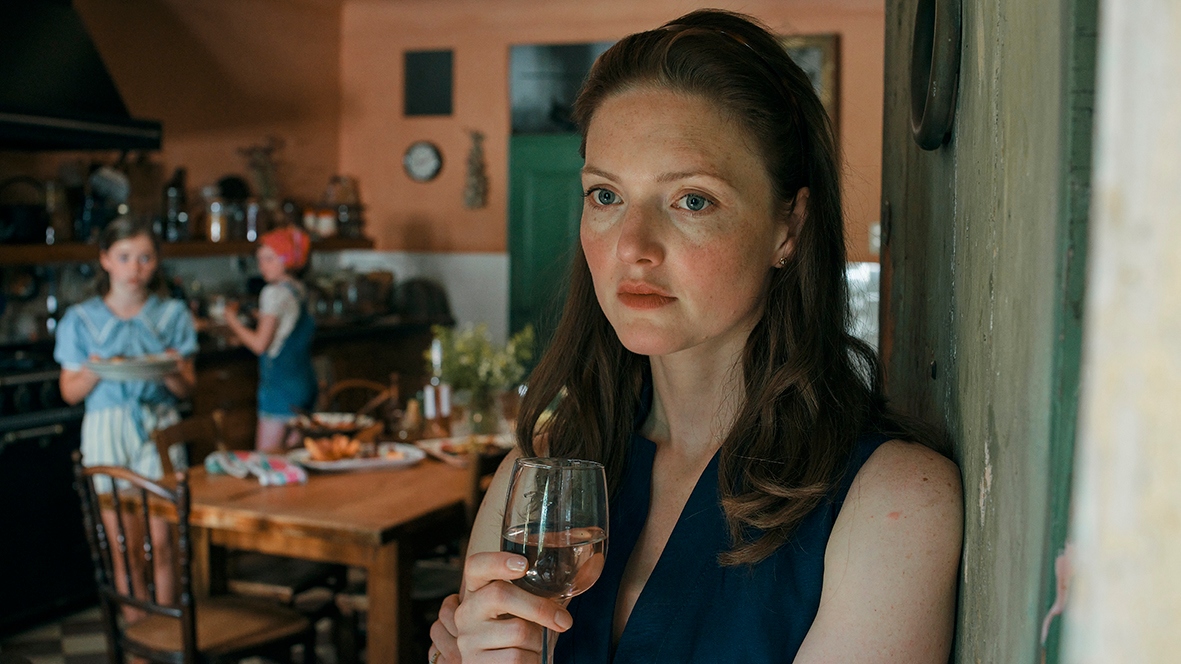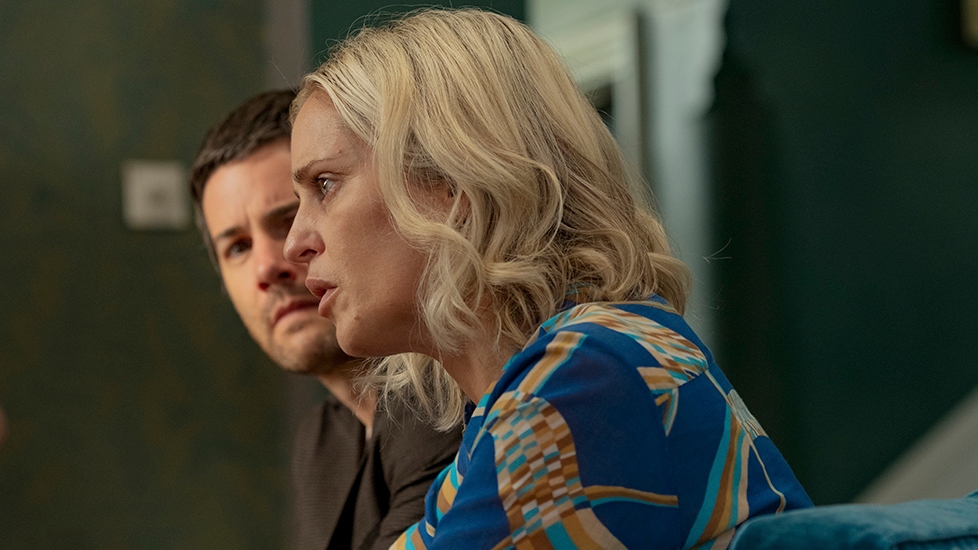Why a Willy Wonka prequel seems a little questionable
With the news that Warner Bros. has greenlit a Willy Wonka prequel, we wonder what it'll look like and why it exists in the first place.
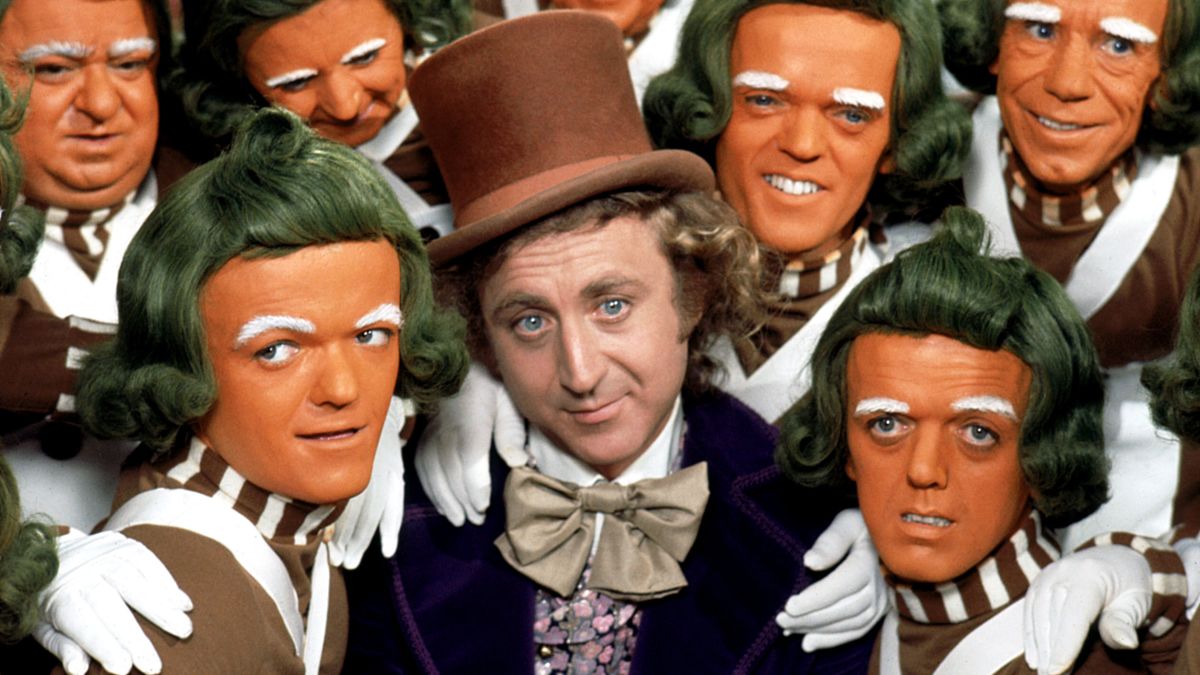
This week, The Hollywood Reporter revealed that Warner Bros. had set a date for Wonka, its planned origin story focusing on the life of the famed chocolatier Willy Wonka before he came to be one of most iconic characters in children's literature. Simply titled Wonka, the film will be directed by Paul King, who made the two perfect Paddington movies, and will drop in theaters on March 17, 2023. No casting or further news of the film has been released, although, according to Collider, the studio's top choices for the lead role are Tom Holland or Timothée Chalamet.
A Wonka prequel has been the stuff of unmade Hollywood legend for several years now, with a screenplay by Jason Micallef landing on the prestigious Black List, an industry-wide collection of the most exciting unmade scripts in the business. Still, it feels like the kind of project that one would hear about in a satire of backstabbing movie-world unoriginality, or something that would play on Saturday Night Live as a parody of Todd Phillips’s Joker. Was this something that the people were desperately clamoring for? Did generations of Roald Dahl fans feel unsatisfied with his legendary work because it didn’t offer a compelling origin story for a rich guy who produces fancy candies and makes business decisions based on a system of golden tickets? Are studios so hungry for Wonka content yet seemingly utterly oblivious to the fact that there is a book sequel that nobody has ever adapted for film? Who thought the most interesting part of Tim Burton’s 2005 adaptation of Charlie and the Chocolate Factory was Wonka’s daddy issues with Christopher Lee, the sinister dentist? There are so many questions and so few answers.
Let us break this conundrum down into two parts: The hows of making Wonka and the whys of doing so. Paul King is probably the best possible director for such a questionable task, as anyone who has seen Paddington and its wonderful sequel can testify to. He’s the right man to find the grounded moments in something that could be unbearably whimsical. It certainly wouldn’t befit a Roald Dahl-adjacent story to be too sugar-sweet, especially given that his Willy Wonka stories are often unnervingly dark. This is the writer, after all, who made kids excited to watch fellow children suffer in the most ironic and grotesque manners possible.
The bigger issue with tackling this material is the Oompa-Loompas. In the first edition of Charlie and the Chocolate Factory, published in 1964, the Oompa-Loompas were described as African pygmies and were drawn this way by illustrator Joseph Schindelman. The NAACP criticized this, and author and historian John Rowe Townsend called Dahl's work out as a "fantasy of an almost literally nauseating kind" and "astonishing insensitivity." Dahl later revised this in later books, although the roots of the problem remain. Regardless of how you spin it, the Oompa-Loompas are essentially indentured servants who were "rescued" by an old white guy from "savage" jungles, and now they're so much happier as unpaid workers than they were in their homeland. It's not hard to see the issues at play here.
The problems only grow in stature when you remember the great glass elevator in the room that is Dahl’s own extensively detailed history of bigotry. This came to the forefront in recent months after Warner Bros. released Robert Zemeckis’s remake of Dahl’s The Witches, starring Anne Hathaway in the lead role. Dahl may have objected to claims that he was being deliberately racist with his Oompa-Loompas but he was certainly, by his own admission, deeply anti-Semitic. In a 1990 interview, he said, "There aren't any non-Jewish publishers anywhere, they control the media – jolly clever thing to do – that's why the president of the United States has to sell all this stuff to Israel." Several years before that, in 1983, he said that "there's a trait in the Jewish character that does provoke animosity, maybe it's a kind of lack of generosity towards non-Jews. I mean there is always a reason why anti-anything crops up anywhere; even a stinker like Hitler didn't just pick on them for no reason." The Dahl family issued a very brief and vague apology for his antisemitism only last year on their website.
Any Dahl fan who grew up with his work and has had to reconcile their love of those incredible books with Dahl’s nasty bigotry is aware of necessary it often is to separate the art from the artist. Yet that act doesn’t do much to negate the deep-seated problematic elements of his work, ones that have gone either unchecked or conveniently overlooked for decades. Every adaptation of Charlie and the Chocolate Factory has racialized the Oompa-Loompas to some degree. How does one make a Willy Wonka prequel that will inevitably tackle how he met the Oompa-Loompas and avoid all manner of messy themes and implications?
It’s not hard to see why Warner Bros. would make Wonka. Content is key and pre-existing pop culture properties with big-name worldwide recognition will always take precedence with the major studios. Just ask Disney why they’re making all of those live-action remakes. Todd Phillips made the seemingly redundant job of making a Joker origin story a billion-dollar, Oscar-winning success, so surely lightning will strike many more times, right?
Get the What to Watch Newsletter
The latest updates, reviews and unmissable series to watch and more!
We could complain for days about how unnecessary Wonka is, but we know that already. We have these squabbles every time a prequel, reboot, or unasked for re-imagining of a beloved story is greenlit. There is, however, a wider issue at play here, a rut that Hollywood blockbuster cinema at large has found itself in. the most pointless details are given agonizing focus, non-existent holes in the narrative filled in, and explanations are given to every aspect of vague mystique. There has to be a reason for Han Solo to have that name. We have to know the ins and outs of the Beast’s curse and how it impacts every part of the castle. The Joker’s deliberately hazy backstory is given a definitive starting point with no wriggle room for interpretation. If it isn’t given a full and overtly detailed reason to exist then it will be dinged as a “plot hole”, regardless of whether or not it actually is. Nothing gets to just be anymore, and that’s such a failure of modern storytelling as well as basic media literacy.
Of course, when this is all that studios will offer audiences, it’s no wonder we start to nitpick. It’s just a shame that finished stories are now seen as forever incomplete because of this pressing need to plug up the gaps that audiences never paid attention to in the first place.
Kayleigh is a pop culture writer and critic based in Dundee, Scotland. Her work can be found on Pajiba, IGN, Uproxx, RogerEbert.com, SlashFilm, and WhatToWatch, among other places. She's also the creator of the newsletter The Gossip Reading Club.


